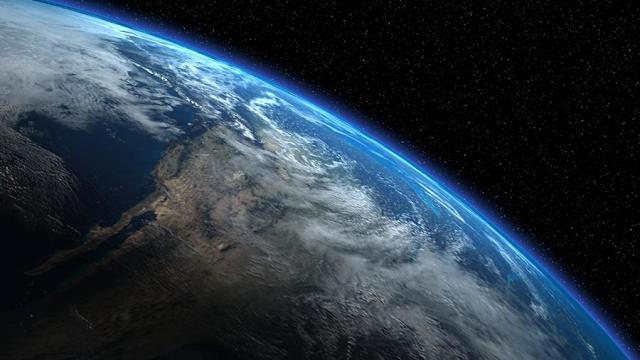These exercises will be the first in the world
ST. PETERSBURG, February 10. /tass/. Scientists of St. Petersburg State University (St. Petersburg State University) will be the first in the world to study bacterial biofilms (communities of microorganisms) in microgravity. The results of the study will help prevent the appearance of microorganisms inside spaceships and prevent diseases in the ISS crew, the press service of the university reported on Thursday.
"For the first time in a space experiment, researchers are studying bacterial biofilms - probiotic microorganisms - lactobacilli - and analyzing the dynamics of biofilm formation on the surfaces of various carriers. <...> The results obtained will help in the selection of new antibacterial drugs and disinfectants, as well as methods of surface treatment of modules of manned space complexes - this will reduce the risks to the health of the crew and will help ensure the normal functioning of equipment on the ISS," the message says.
According to the press service, bacterial biofilms can consist of several types of bacteria and microscopic fungi, they are part of the human microbiota, are located on the surfaces of internal organs and skin. In the biofilm, communities of microorganisms are under a protective layer, therefore they are hundreds of times more stable, and the biofilm itself, like a sieve, is able to capture substances from the outside and at the same time limit the penetration of drugs. The formation of such communities causes many human diseases, including chronic infections.
"Such studies are necessary to prevent the appearance of bacterial biofilms in the habitable space of the spacecraft, to develop a strategy for the effective impact of pathogenic bacteria on biofilms and to prevent the development of diseases of astronauts in long-term space expeditions," the press service quoted the project manager, Professor Oksana Rybalchenko of St. Petersburg State University.
The study showed that the intensity of biofilm formation in zero gravity is higher, but the propagation speed depends on the surface of the carrier. For example, the greatest intensity is recorded on polystyrene, the material from which instrument parts and laboratory utensils are made. Since 2013, 13 space experiments have been conducted within the framework of the project, and two more research flights are planned in 2022. In the future, scientists want to study the stressful effects of space flight on various groups of microorganisms - bacteria and yeast.
Biofilm is a project that includes the study of the patterns of biofilm formation in microgravity, is part of a long-term program of scientific and applied research and space experiments on the Russian segment of the International Space Station and is supported by the Roscosmos Corporation.

